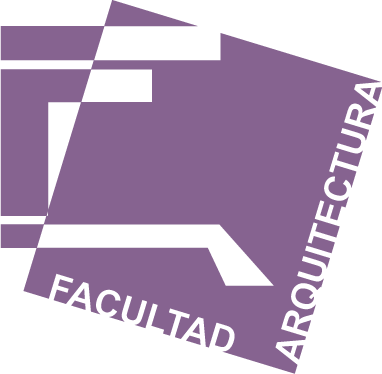Registro completo de metadatos
| Campo DC | Valor | Lengua/Idioma |
|---|---|---|
| dc.creator | Checa-artasu, Martín Manuel | |
| dc.date.accessioned | 2025-01-23T22:19:46Z | - |
| dc.date.available | 2025-01-23T22:19:46Z | - |
| dc.date.issued | 2011-05-12 | |
| dc.identifier | https://www.revistas.unam.mx/index.php/bitacora/article/view/25153 | |
| dc.identifier.issn | ISSN electrónico: 2594-0856 | |
| dc.identifier.issn | ISSN impreso: 1405-8901 | |
| dc.identifier.uri | https://repositorio.fa.unam.mx/handle/123456789/19438 | - |
| dc.description.abstract | Housing in the Mexico-Belize border is a merge of the architectonic culture that occurred in the area, where the historical processes are the key to understanding the creation of existing housing. The first historical process is marked by the millenarian Mayan culture sequence that acts as a cultural substrate. The second one is the territorial development of the British Honduras colony during the second half of the 19th century, based on a land ordering that introduces new agroforestry exploitations as a counterbalance to the lumber operation initiated at the end of the 18th century. That process coincides with the effects from the Caste War (1847-1901), a conflict between the Mayan communities and yucatan"s henequeros landowners because of the way of work they imposed them. Those effects modified the geographic space as they caused the present refugees and population increase followed by the creation of settlements in the north of British Honduras. Those refugees settled taking advantage of the new conditions that asylum territory offered them, enabling the consolidation of a new house model, an hybrid that combined the tradition of Mayan house and the English bungalow architectonic model typical fomthta colony. Wood"s easy availability turned it into the constructive element par excellence. Thanks to this area"s pacification 1895-1901 and the border limits establishment between Belize and Mexico, a return of refugees to their territories of origin took place. They brought the new model house consolidated throughout the hybridization process. Therefore that architecture presence is explained in the south of Mexican state of Quintana Roo, and in numerous existing examples in its capital, Chetumal, since it was the first permanent Mexican settlement in the area. | |
| dc.format.extent | Páginas: 62-69 | - |
| dc.language | spa | |
| dc.publisher | Universidad Nacional Autónoma de México. Facultad de Arquitectura | |
| dc.rights | La titularidad de los derechos patrimoniales de esta obra pertenece a las instituciones editoras. Su uso se rige por una licencia Creative Commons BY-NC-ND 4.0 Internacional, https://creativecommons.org/licenses/by-nc-nd/4.0/legalcode.es, fecha de asignación de la licencia 2011-05-12, para un uso diferente consultar al responsable jurídico del repositorio por medio del correo electrónico editora.bitacora@fa.unam.mx | - |
| dc.subject.classification | Multidisciplina | |
| dc.title | The Mexican-Belize border Architecture: a merge of Mayan Housing and Bungalow | |
| dc.type | Artículo de Divulgación | |
| dcterms.audience | Publico en general | - |
| dcterms.provenance | Universidad Nacional Autónoma de México. Facultad de Arquitectura | - |
| dc.rights.holder | La titularidad de los derechos patrimoniales de esta obra pertenece a: Universidad Nacional Autónoma de México | |
| dc.publisher.location | MX | |
| dc.rights.accessRights | Acceso abierto | |
| dc.identifier.url | https://www.revistas.unam.mx/index.php/bitacora/article/view/25153/67679 | |
| dc.identifier.doi | https://doi.org/10.22201/fa.14058901p.2009.19.25153 | - |
| dc.relation.ispartofjournal | Bitácora Arquitectura; Núm. 19 (2009): Bitácora 19 | |
| dc.description.repository | Repositorio Facultad de Arquitectura. https://repositorio.fa.unam.mx/ | |
| dc.identifier.bibliographiccitation | Checa-artasu, Martín Manuel (2009). The Mexican-Belize border Architecture: a merge of Mayan Housing and Bungalow. Bitácora Arquitectura; Núm. 19, 2009: Bitácora 19; 62-69. Recuperado de | - |
| Aparece en las colecciones: | Bitácora Arquitectura | |
Los ítems de DSpace están protegidos por copyright, con todos los derechos reservados, a menos que se indique lo contrario.

